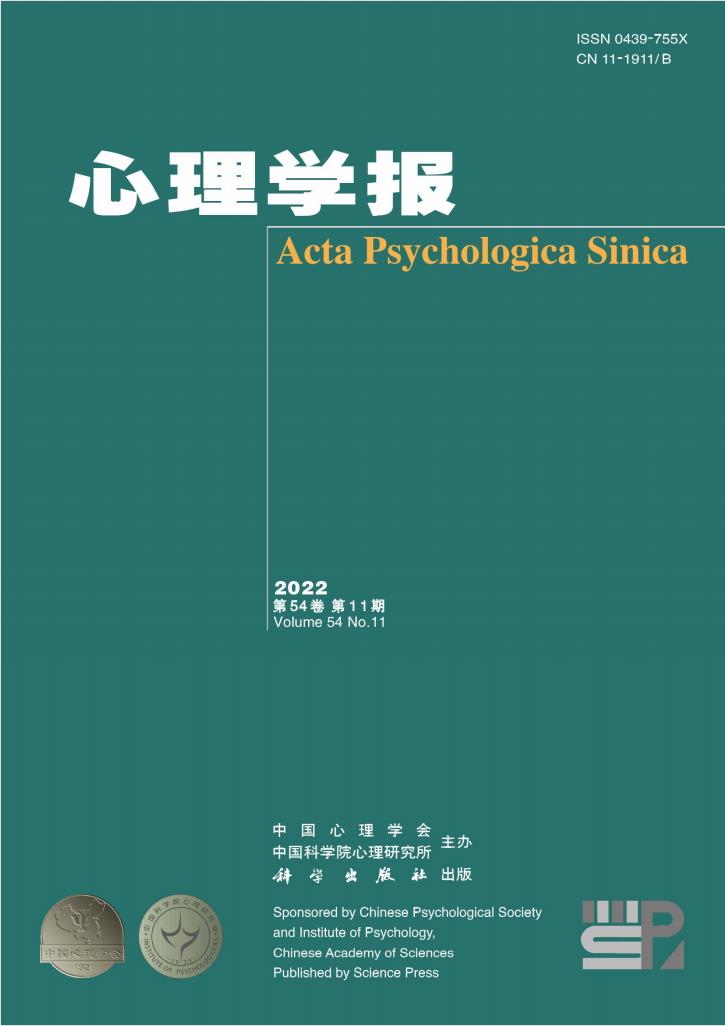汉语阅读中不相关言语效应的认知机制探讨:来自眼动的证据
IF 1.3
4区 心理学
Q3 PSYCHOLOGY, MULTIDISCIPLINARY
引用次数: 0
摘要
(ISE)。关键在于语音干扰假说和语义干扰假说。已经调查了影响汉语的机制也不清楚。因此,在本研究中,我们使用眼动测量来检验汉语中的无关言语效果。作为刺激的单句,无声和可懂的背景语音条件之间也没有显著差异。然而,在使用更复杂句子的实验2中,与沉默相比,在可理解的背景语音条件下,正常阅读被破坏,这揭示了这些更难的句子的ISE。与无声条件相比,可懂背景语音产生更长的阅读时间和平均注视持续时间,更多的注视和回归次数,更长的回归路径阅读时间和更长的总注视时间。最后,实验3也为ISE提供了证据,与沉默相比,在可理解的背景语音条件下,ISE具有更长的总阅读时间、更多的注视、更长的回归路径阅读时间和总阅读时间。综上所述,目前三个实验的结果表明:(1)与语音干扰假说相反,听不懂的语音不会显著干扰正常阅读;(2) 可理解的背景语音会干扰复杂(但不是简单)句子的阅读,也会干扰段落的阅读,这支持了语义干扰假说。这些发现表明,不相关的言语可能会破坏阅读中词汇处理和语义整合的后期阶段,而这种影响是由阅读任务的难度所调节的。本文章由计算机程序翻译,如有差异,请以英文原文为准。
Exploring the cognitive mechanism of irrelevant speech effect in Chinese reading: Evidence from eye movements
the (ISE). key to for namely, the Phonological-Interference Hypothesis and the Semantic-Interference Hypothesis. have investigated the effect in Chinese the mechanisms for the also unclear. Accordingly, with the present research we examined the irrelevant speech effect in Chinese using eye movement measures. simple sentences as stimuli, there was also no significant difference between the silent and intelligible background speech condition. However, in Experiment 2, which used more complex sentences, normal reading was disrupted in the intelligible background speech condition compared to silence, revealing an ISE for these more difficult sentences. Compared with the silent condition, the intelligible background speech produced longer reading times and average fixation duration, more numbers of fixations and regressions, longer regression path reading time and longer total fixation times. Finally, Experiment 3 also produced evidence for an ISE, with longer total reading times, more fixations, and longer regression path reading times and total reading times in the intelligible background speech condition compared with silence. To sum up, the results of the current three experiments suggest that: (1) unintelligible speech does not disrupt normal reading significantly, contrary to the Phonological-Interference Hypothesis; (2) intelligible background speech can disrupt the reading of complex (but not simpler) sentences and also paragraph reading, supporting the Semantic-Interference Hypothesis. Such findings suggest that irrelevant speech might disrupt later stages of lexical processing and semantic integration in reading, and that this effect is modulated by the difficulty of the reading task.
求助全文
通过发布文献求助,成功后即可免费获取论文全文。
去求助
来源期刊

心理学报
Psychology-Psychology (all)
CiteScore
1.70
自引率
13.30%
发文量
1612
期刊介绍:
Acta Psychologica Sinica (ISSN 0439-755X) is a scholarly journal sponsored by the Chinese Psychological Society and the Institute of Psychology, Chinese Academy of Sciences, and published monthly by the Science Press.
Acta Psychologica Sinica has been included in many important national and international indexing systems such as SCOPUS (Elsevier), ESCI (Web of Science), PsycINFO (APA), CSCD. It is the flagship journal of the Chinese Psychological Society that publishes peer-reviewed original empirical studies and theoretical articles spanning the entire spectrum of scientific psychology.
Acta Psychologica Sinica publishes high-quality research that investigates the fundamental mechanisms of mind and behavior and aims to deliver scientific knowledge to enhance our understanding of culture and society. It welcomes submissions of manuscripts reporting research that is up-to-date, scientifically excellent, and of broad interest and significance.
 求助内容:
求助内容: 应助结果提醒方式:
应助结果提醒方式:


